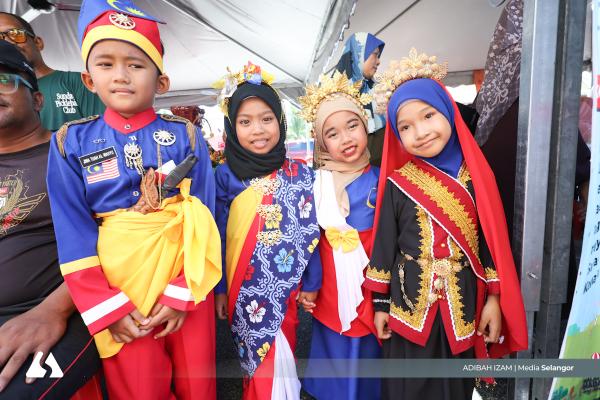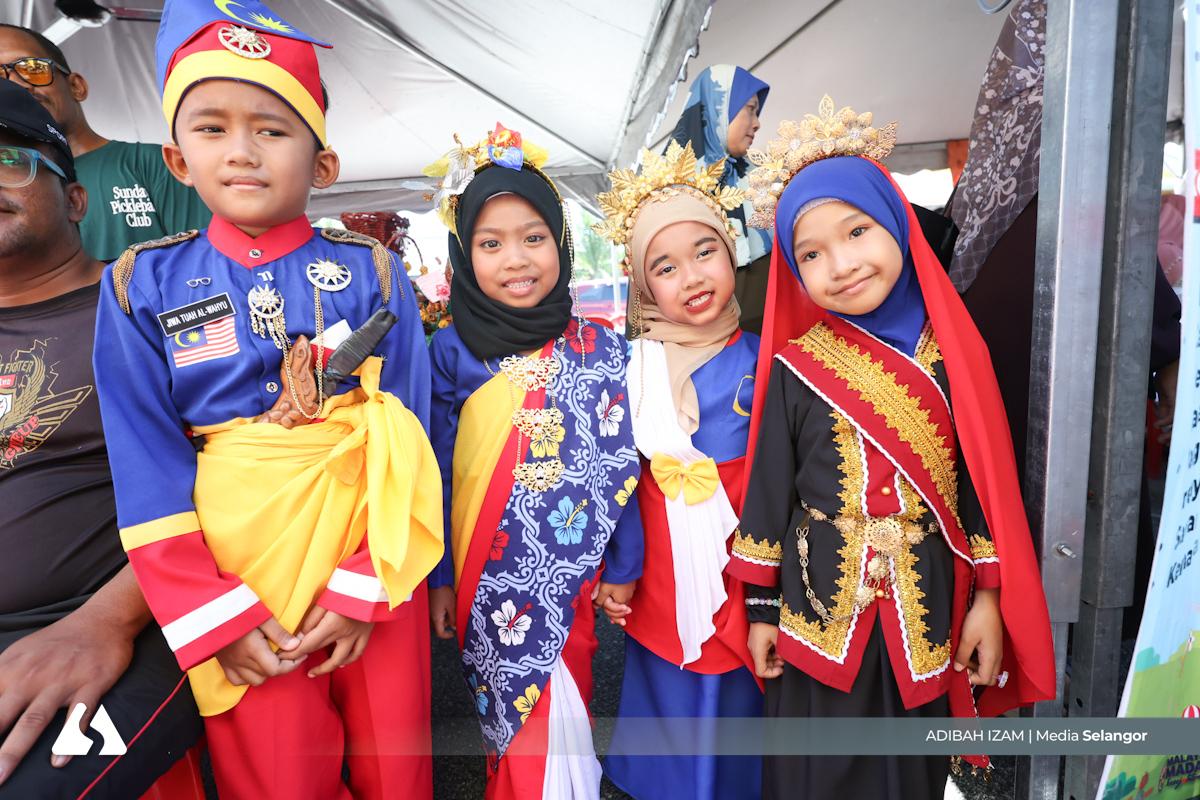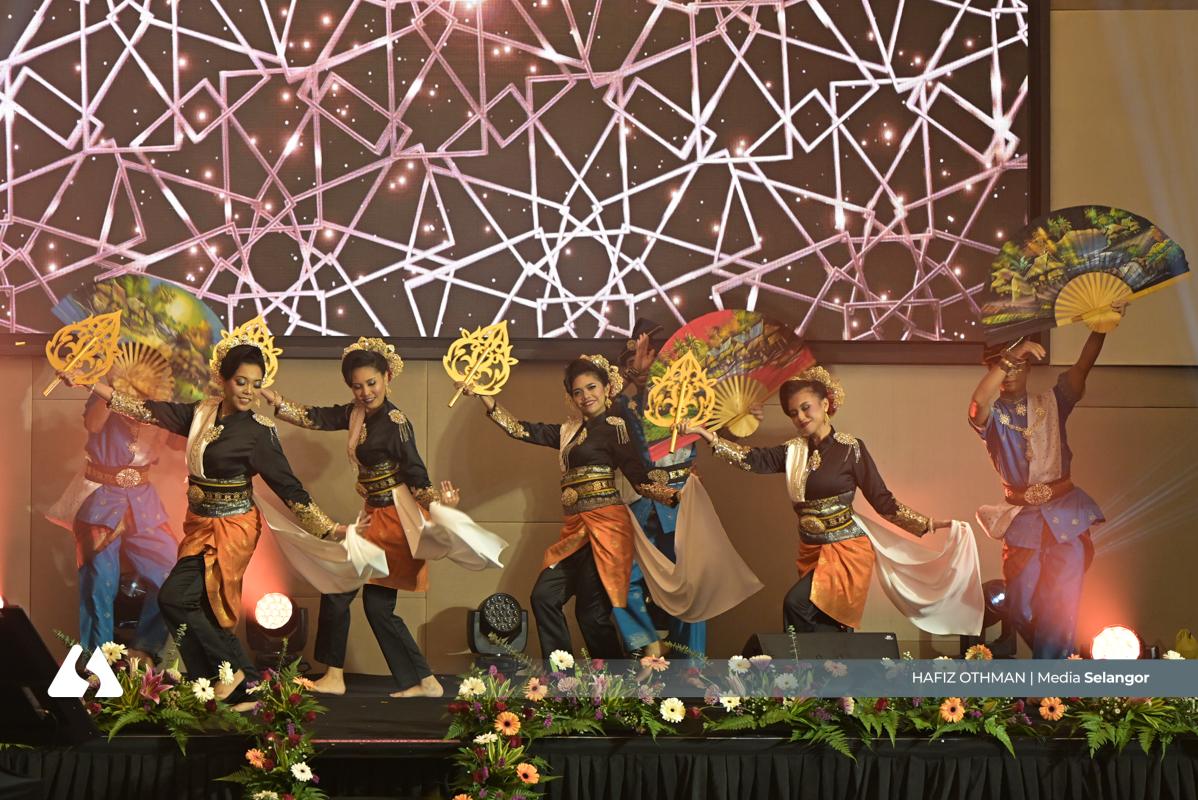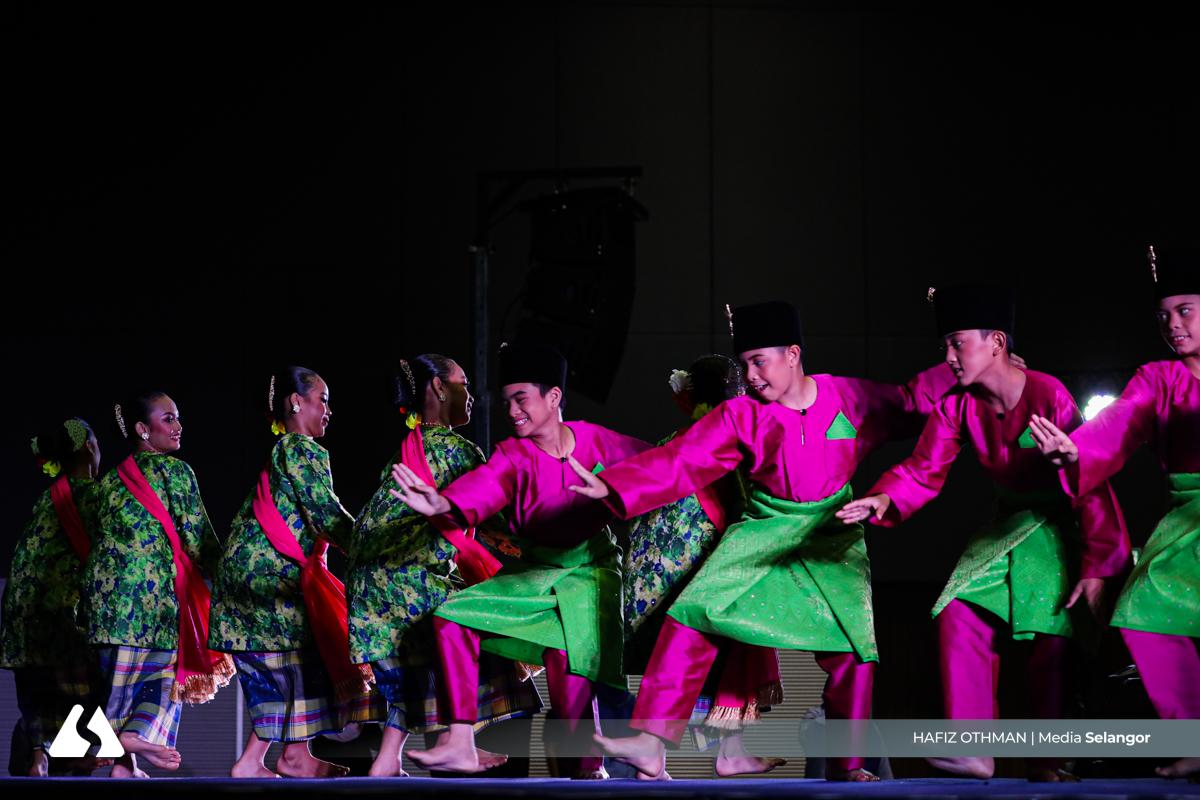SHAH ALAM, Sept 20 — The Sabak Bernam Development Area (Sabda), introduced in 2023, is expected to drive the orange economy in northern Selangor, providing opportunities for youth and local artists to harness their creative talents.
State executive councillor for rural development, unity, and consumer affairs Datuk Rizam Ismail said that the initiative emphasises agro-tourism, arts, and culture as the basis for development, creating space for creative activities like handicraft production, homestays, traditional kite-making, gasing (top-spinning), silat, and kompang performances.
“It will automatically stimulate the orange economy as it is rooted in local creativity and heritage. Many young people have already begun selling handicrafts, food, and homestay services.
"All of this opens up high-impact creative economic opportunities,” he told Media Selangor.
Sabda is expected to generate 3,600 high-income job opportunities through six development projects covering an area of 1,317 hectares, while preserving the sustainability of local communities and culture.
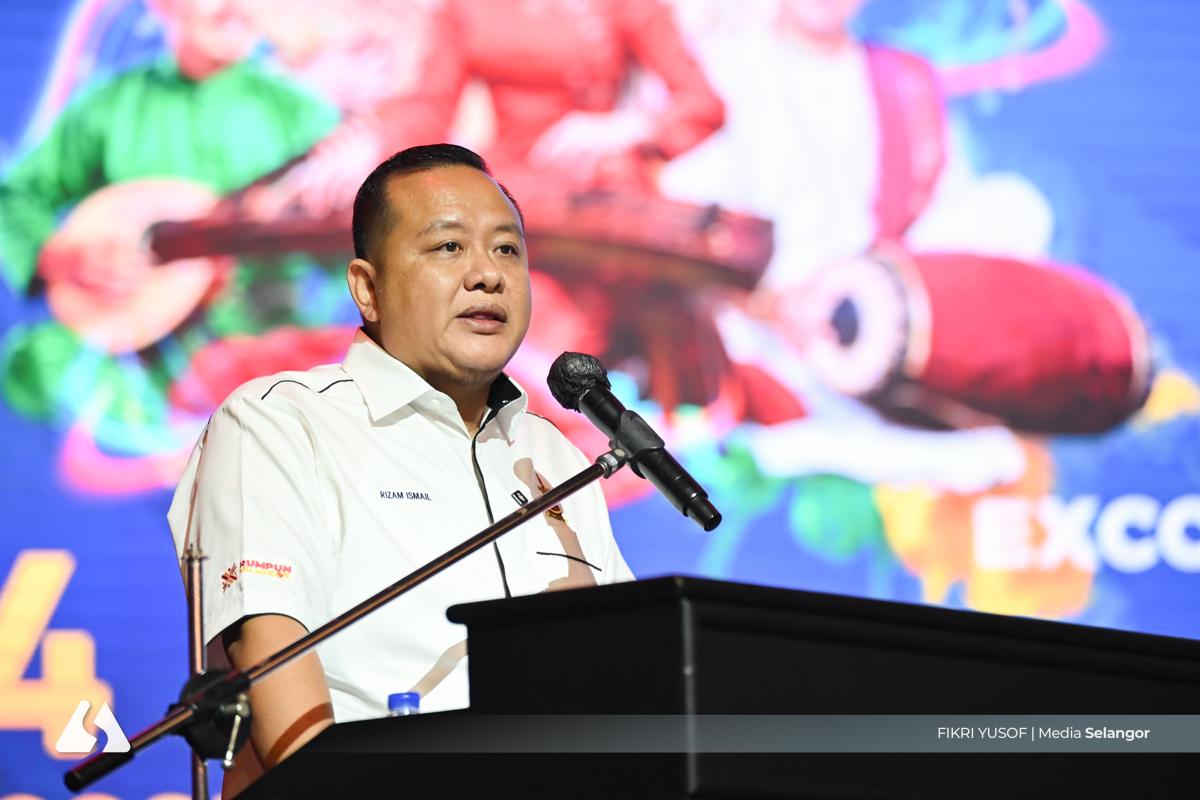
Selangor’s first floating market
As part of efforts to promote the orange economy, it is also developing Selangor’s first floating market near Pantai Bumi Hijau.
The market will feature traditional food, community handicrafts, and unique cultural and natural experiences.
“This floating market will provide tourists with a distinctive cultural and creative experience. It will also give local entrepreneurs the chance to expand their market reach,” Rizam said.
Showcasing tradition as a creative attraction
Sabak Bernam, a district with 79 traditional villages, is drawing on the cultural heritage of the Javanese, Bugis, and Banjar Malay communities as a key element of its creative economy. Activities including silat and kompang performances, traditional kite-making, and handicrafts not only attract tourists but also offer sustainable income opportunities for rural communities.
“The potential of the orange economy in rural areas is very high. Homestays are fully booked every weekend, which shows strong acceptance from both the community and tourists,” he said.
Rizam noted that this development also provides an alternative for the younger generation, encouraging them to stay rather than migrate to cities, while preserving heritage, culture, and creativity alongside economic opportunities.
“Agriculture and tourism are combined with local arts and culture to form a sustainable and high-impact orange economy ecosystem,” he said.
Previously, when debating the 13th Malaysia Plan in Parliament on August 6, Menteri Dato' Seri Amirudin Shari Besar stressed the need for a clear, comprehensive, and structured creative economy policy to elevate the industry to the global stage.
He highlighted that Malaysia should emulate South Korea, which has successfully built a strong creative ecosystem and emerged as a global cultural powerhouse.


